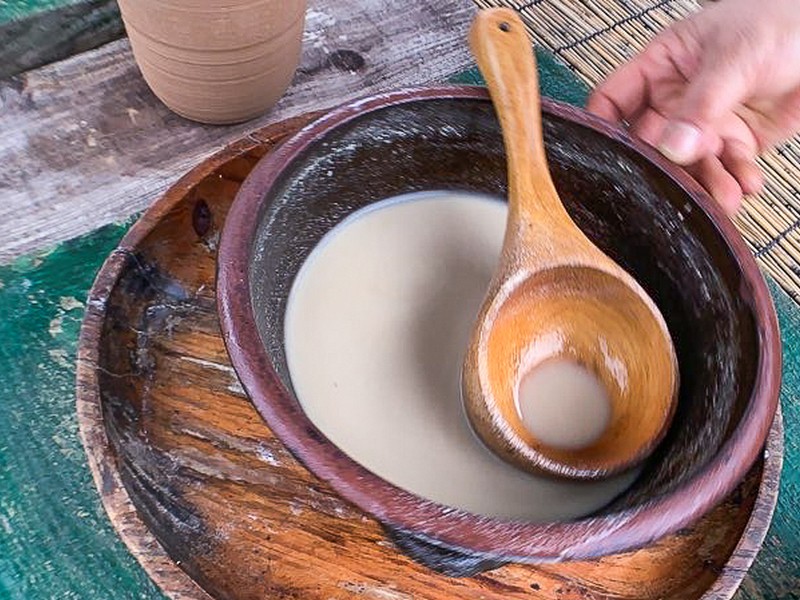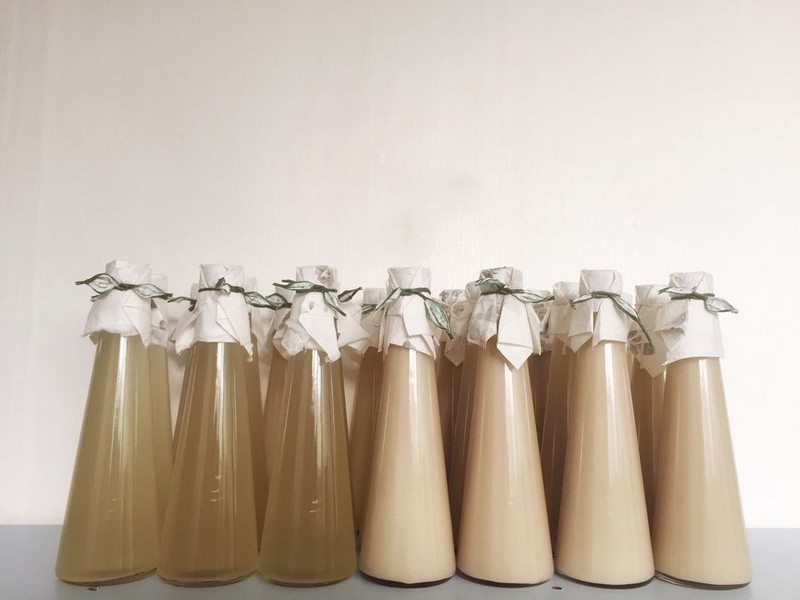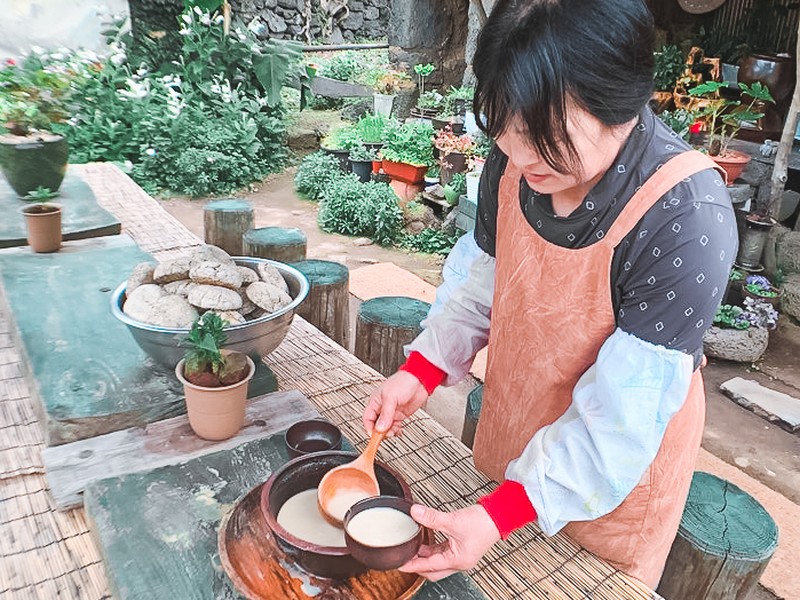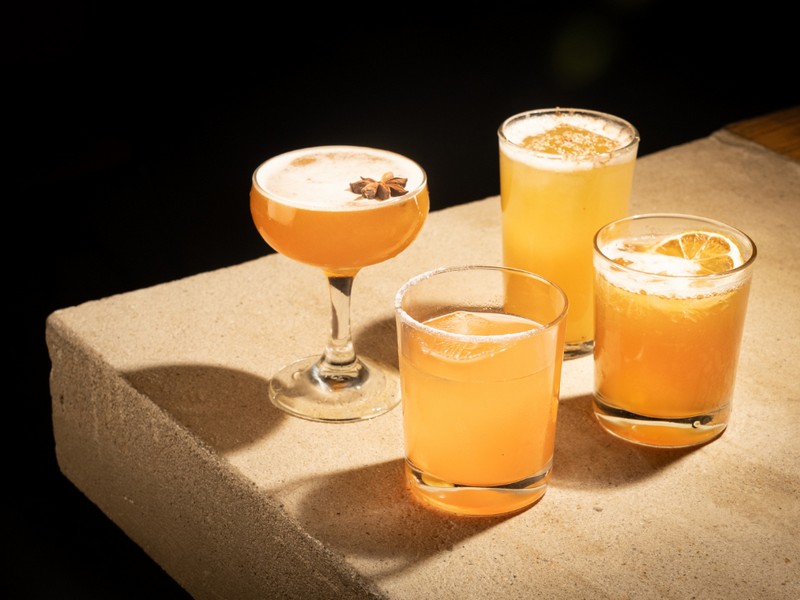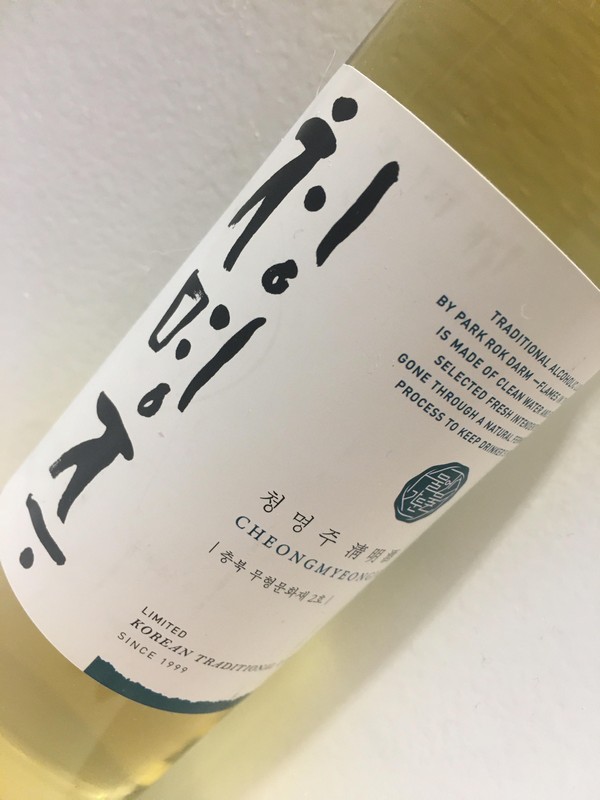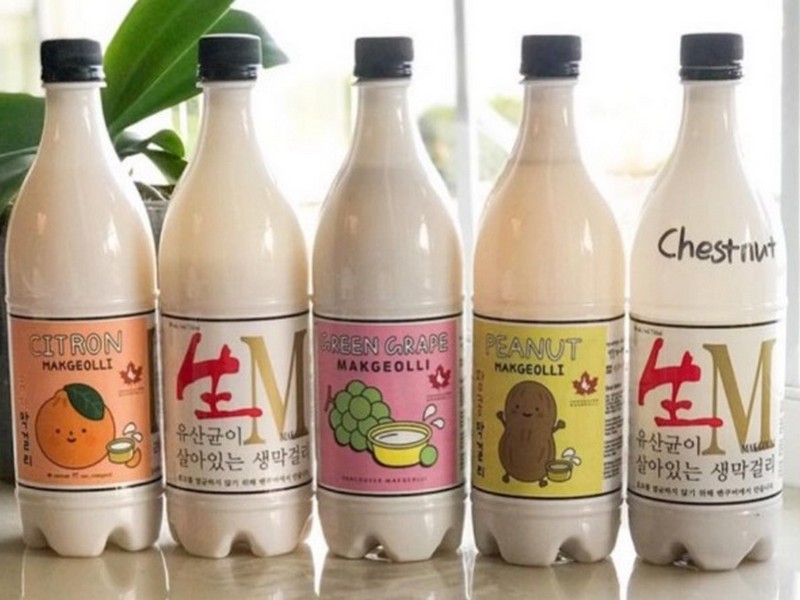KOREA | NETHERLANDS | GLOBAL
Buying Sool Online In Korea: The Makgeolli Edition
Living in Korea? Do you know how many traditional Korean alcohol options you can get delivered straight to your door? Read on for our recommendations for where to buy makgeolli online in Korea.
While most dedicated makgeolli bars will offer a 15-20% discount for take-out purchases, the Korean government thankfully changed its policy to allow the sale of traditional alcohol online a few years ago. Even though beer, wine and imported spirits are still a no-go, it is possible to get your fix of makgeolli, cheongju, and soju home-delivered. But with so much choice, what to buy?!
Never fear, we have gone through the options with a fine-tooth comb to come up with the best options for every palate and budget. Consider this your ultimate guide to navigating the world of ordering sool online!
Some Things to Note
Whilst there are a lot of varieties of Korean traditional alcohol available on many of the shopping platforms, this post features products sold on Coupang. Why? Personal Choice. Coupang has been our go-to for just about anything from international goods to brewing resources, and we find it has the most comprehensive selection of alcohol all in one place. If you’re not a Coupang user, no worries! Simply search some of the recommended sool names in your preferred platform and see if they offer them there. We hope everyone can get their sool fix somehow.
Using Coupang a tough task? Would rather go sober than deal with Korean online platforms? We get it. Been there, done that, drank our way through it.
One option if you can’t get through the registration process of Coupang is to use the personal assistant service Wonderful. Wonderful is also an expat owned concierge business here in Korea that we love to support, and they do a stellar job at making life easier for non-Korean speakers living all over the peninsula. Simply tell your personal assistant at Wonderful what you want, and they will take care of the rest.
Regular Makgeolli
This post is for the quaffable types of makgeolli. The ABV sits in the 6%-9% range, and many are the kinds you would normally find at restaurants and bars fairly regularly. Due to their lower price, they are often sold in bulk or in some kind of volume (ain’t nothing wrong with having a few extra bottles on hand!)
For information on traditional & artisan takju, cheongju and yakju, read the other installments of the series.
- Buying Sool Online in Korea: The Takju Edition
- Buying Sool Online In Korea: The Cheongju/Yakju Edition



1. Neurin Maeul Makgeolli (느린마을막걸리)
- ABV: 6%
Ah Neurin Mauel. An old faithful for us, and definitely our go-to for a great, widely available table makgeolli. “But I can get that at my local E-mart, why buy online?!” I hear you say. Yes, you can. And you should! But an added bonus of online purchases is the fact you can get 1L bottles fresh from the brewery direct, and some of their sets come with ready-made Jeon options. ‘Kingdom’ binge watching party anyone??
2. Boksoondoga (복순도가 손막걸리)
- ABV: 6.5%
Also a favourite of ours when we are out with friends or on a tour, Boksoondoga is the well renowned ‘Champagne Makgeolli’. When all you need in your life is bubbles, this refreshing and light makgeolli will have you sorted. Pro-tip though….don’t go shaking it up right before pouring, or you are destined for a Makgeolli shower! For opening tips make sure you check their video here 🙂
4. Dokkaebi Sul (도깨비술)
- ABV: 7%, 9%, 11%
Dokkaebi Sul is relatively new on the market and they have three ABV percentages for all occasions! The line does not contain any artificial sweeteners, but they do lean towards the sweet side of the spectrum. They are a part of the newer wave of makgeolli breweries with more modern branding, check out their Instagram here.


5. Arirang Makgeolli (아리랑생막걸리)
- ABV: 6.5%
If you have ever been to the Ilsan Makgeolli festival held every year in September, you may have come across this gem. Arirang Makgeolli is a one-man operation hailing from Wonju, and his aspartame-free makgeolli has a very unique flavour profile. It’s earthy but fruity, clean and not too heavy with a bit of sourness. You won’t find it for sale in many bars in Seoul (if any!), but be sure to give it a try if you’re looking for a more traditional and old-school style brew.
6. Hyang Soo Makgeolli (향수막걸리)
- ABV: 9%
When it first came on the market about two years ago, there was a lot of buzz about Hyang Soo. It is more carbonated than a lot of the regular makgeolli varieties, but it is also quite thick and heavy-bodied. It is also another sweetener free option to your repetoire, Hyang Soo boasts a tart yet dry profile, as well as being a respectable 9% in alcohol content. And don’t let the bottle size fool you, you’re still getting 700ml bang for your buck!
7. I’m Free Makgeolli (Gluten Free) (아임프리 생막걸리)
- ABV: 6%
Hot of the presses and only a few months released is Sul Saem Brewery’s new ‘I’m Free Makgeolli’. The fact that most nuruk contains wheat means technically many makgeolli varieties cannot claim to be gluten free, even though they are brewed with rice. This new brew is made solely with rice and rice nuruk and does not contain any additives, so it is the new flagship for gluten free drinkers! Purchase it through the Coupang link, or also go shopping at Sul Saem’s online store directly here.
8. Damun 1932 (담은1932 막걸리)
- ABV: 6.5%
“It’s like drinking a cloud!”
These were the first words out of our mouths after drinking Damun 1932 for the first time. Its all about the texture, soft and fluffy and almost the consistency of whipped cream. Made using Koji and rice it has a light sake aroma, and the low ABV of 6% adds to the pillowy experience. Our only complaint of Damun 1932 is that it is in the high range price wise. But there is no doubt, this one is a crowd pleaser!
Of course there are a lot of other kinds of makgeolli to enjoy when purchasing online, but these brews are our curated recommendations for some enjoyable home boozing. We will continue to add to the list as new products become available so you can enjoy more makgeolli right at home.
Visiting Korea Soon?
Check out our brewing classes and other experiences in our space in Seoul.
Read more…
Tokki Bar Bringing Brooklyn to Seoul
Tokki Soju, the first American-made Korean soju has newly launched “Tokki Bar” on the fourth floor of the Ryse Hotel…
Cheongju for two? Yes please!
It’s no secret that I am a big fan of cheongju (청주). That golden clear layer of booze that rises…
Vancouver Makgeolli: Canada’s First Makgeolli Brewery
Looking for makgeolli in Canada? While you may think it is a feat that is insurmountable, it might just be…


